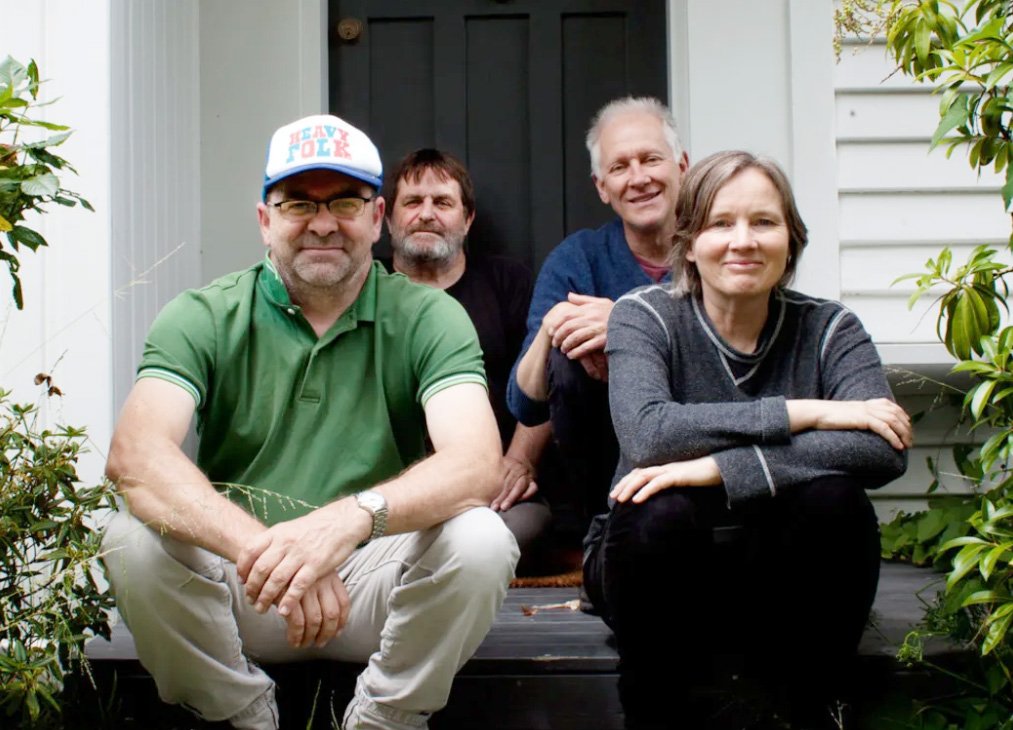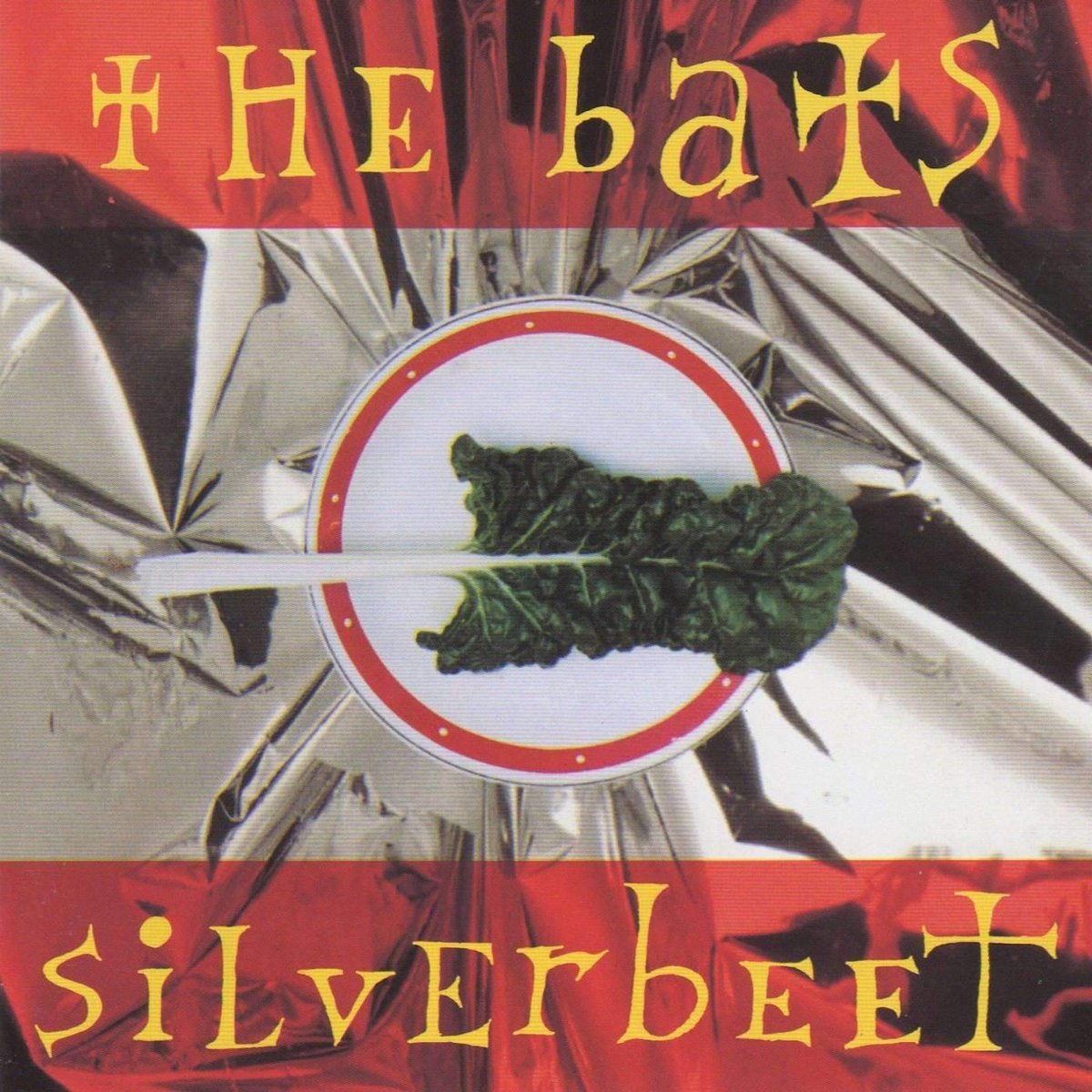
Seminal Dunedin Sound band The Bats (formed in Christchurch but with strong links to Dunedin) are among the latest to join artists from around the world, including Massive Attack, King Gizzard & The Lizard Wizard, Deerhoof and Xiu Xiu, in pulling their music from the streaming platform.
Spotify co-founder and chief executive Daniel Ek, through his venture capital firm Prima Materia, in June led a €600 million (NZ$1.2 billion) funding round in Helsing - a military defence company based in Germany specialising in AI-enabled weaponry, including an "AI strike drone".
Mr Ek is also chairman of Helsing.
Dunedin City Council Otepoti Live Music Action Plan advisory panel member David Bennett said the number of bands in the city pulling their music from the platform was "definitely rising".
"I think a lot of people were already not happy with how this platform treated artists. That in addition to the inhumane investments of their CEO ... was just the straw that broke the camel’s back for a lot of people."
A lot of the younger bands in Dunedin were looking for alternatives, in addition to those with catalogues already on Spotify, Mr Bennett said.
Robert Scott, founding member of Flying Nun Records band The Bats, said the band had instructed that all of its music be removed from the platform.
He had voiced concerns about Mr Ek’s investment in Helsing to the rest of the band about a month ago.
The decision was "a no-brainer. There’s no way I’d want my music to be funding that.
"I couldn’t believe that someone that’s making all that money off the bands would have his money tied up in something like that.
"With all the killing and the hate that’s going on in the world, when I read that, I was just disgusted."


Another issue with Spotify was the "pathetic rate of return" for music being streamed on the platform.
"It’s virtually no money and I just can’t see the point of my music being out there for no return."
The Bats were well-advanced into their career and had already built up support around the world, so he was not concerned leaving Spotify would impact them.
Leaving the platform could be a difficult decision for emerging artists, but there were alternatives such as Bandcamp and Tidal.
It was a moral choice on bands’ parts as to whether they left or not, Scott said.
"With the way the world is at the moment, people want to do the right thing as well. I think, overall, leaving a platform like that is seen as a morally strong thing to do and I think people appreciate that."
A Spotify spokesperson said the company could not comment on Helsing as it was not related to it.
Spotify had paid out $10b to the music industry last year and $60b since its founding, "more than any company in history".
"This growth has helped fuel the industry’s expansion to nearly $30b in 2024.
"Most importantly, more artists than ever before are sharing in that money, with the number earning meaningful income on Spotify at least tripling since 2017."
Spotify was also the only company to provide transparency on music economics to artists, the spokesperson said.
University of Otago music lecturer Dr Michael Holland said artists were in ‘‘a bit of a bind’’, as Spotify was one of the major platforms for music discovery.
Smaller bands may not be losing income by leaving the platform but would reduce their visibility.
Consumers were worth considering where their money went, Dr Holland said.
‘‘Personally, I changed music streaming services about six months ago because I was uncomfortable with where my money was going.’’
Last month, a group of more than 15 New Zealand bands going by ‘‘Boycott Spotify NZ’’ released a statement condemning the streaming platform.
It said Spotify treated the majority of its working artists as ‘‘free labourers’’, with each stream generating about 1/20th of a cent.
‘‘We refuse to be exploited by Spotify any longer and collectively agree that our art should not subsidise, or help to fund the military industrial complex.’’
Christchurch-born Tiki Taane also announced on social media this month he would be removing his music from Spotify and has since released a protest song titled Bye Bye Spotify.












